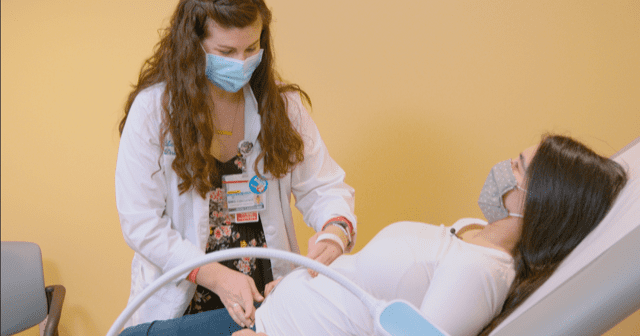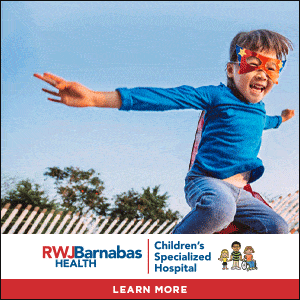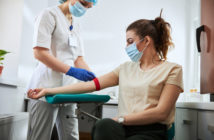If you’re an expectant mom in New Jersey, you’re likely weighing your options regarding prenatal care and delivery. And if you’ve ever wondered about going with an NJ midwife, you may have some notion about what they do and what makes them unique. But there’s a lot to separate in terms of myths vs. facts about midwifery and how midwives are different (and similar) to a traditional OBGYN. Watch our NJMOM TV video below and read on as we break down what midwifery care in New Jersey really means for us mamas—with the midwives at Jersey City Medical Center’s Women’s Health at Grove Street, an RWJBarnabas Health facility.
#1: NJ Midwives only do home births— MYTH
Midwifery started hundreds of years ago, but that doesn’t mean it hasn’t evolved. Yes, midwives attend home births, but they are very much present at birth centers and hospital-based births as well. “The largest group of midwives in the U.S. are nurse-midwives, and they predominantly attend births within the hospital setting. All of the midwives at Jersey City Medical Center are nurse midwives,” said Annie Lawson, Director of Midwifery at Jersey City Medical Center and member of the Combined Medical Group of RWJBarnabas Health and Rutgers Health.
#2: Midwives and doulas are the same— MYTH
This is one misconception Lawson says she and the Jersey City Medical Center midwifery team hears often. While midwives and doulas work collaboratively, they are not the same. Doulas focus on the mother and supporting her through birth and delivery while midwives deliver the babies. “Doulas are more of the support person in the room where midwives are the medical professional in the room,” she said.
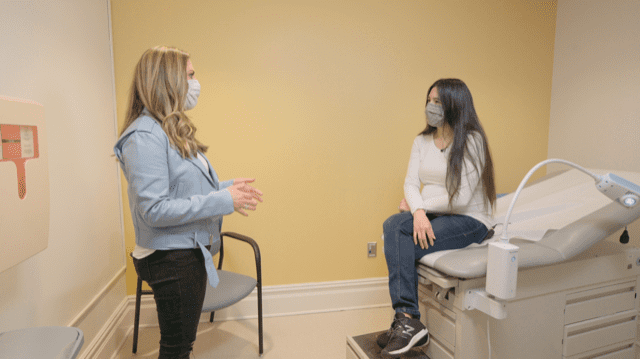
“It’s the kind of experience I’ve always wanted”- Eloina Brooks, first-time expectant mom and JCMC midwifery patient.
#3: Delivering with an NJ midwife means you can’t have an epidural— MYTH
Many patients do seek out midwives for a more holistic approach to their prenatal care and birth experience. Still, midwives are open to however a patient wants to deliver, whether unmedicated or with an epidural. “We’re supportive of both types. A lot of midwives have used epidurals themselves, so we are fully supportive of that choice,” Lawson said.
#4: Midwives have no formal medical education— MYTH
There are actually three different types of midwives in the U.S.— lay midwives, professional midwives and nurse-midwives. When it comes to nurse-midwives like the ones at Jersey City Medical Center, Lawson says they’re required to have a master’s degree or higher practice in the U.S.
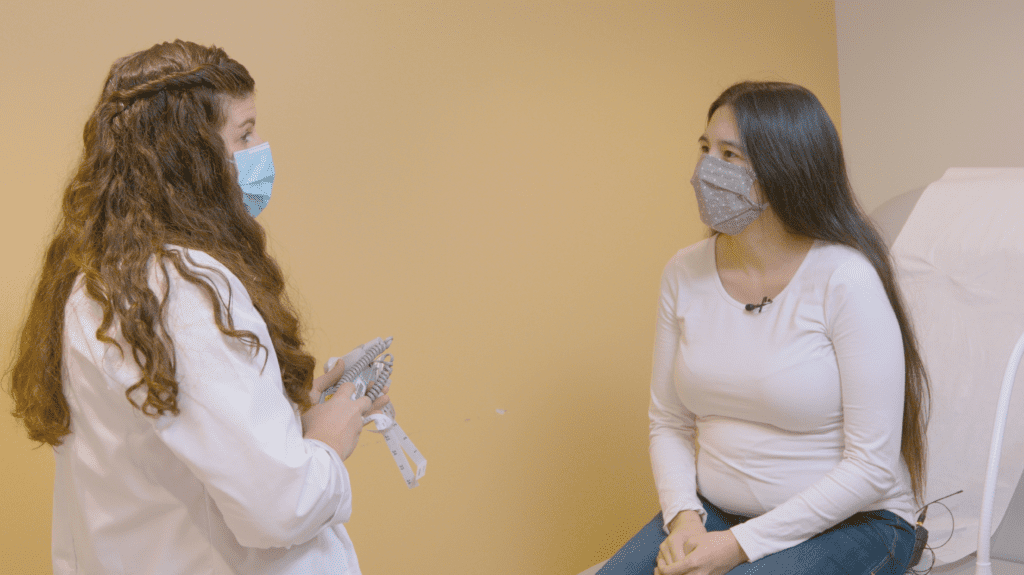
#5: There are male midwives— FACT
This is true— while they’re not as common, there are male midwives, and Lawson confirms for us they are still called midwives!
Midwives’ Unique Patient Relationships
If you thought you were the only one who had these misconceptions about NJ midwifery care— you’re definitely not alone. Lawson says these are all common questions new patients have when they are looking into midwifery care. Patient Eloina Brooks was initially surprised to learn that midwives do more than bring a baby into the world. “I actually thought the midwife was the person who delivered your children, and I assumed that an OBGYN was the person you saw on a routine basis. I’ve learned midwives do everything. They go from routine checkups to delivery to postpartum care,” she says.
Because physicians often have a much higher patient volume than midwives, Lawson says midwives have extra time with their patients to develop and nurture a one-on-one relationship. “That’s what most patients are coming to us looking for, that little extra TLC that we provide. Because we are all nurses, we have that philosophy of care ingrained in us that patients are the center of the care, ” she adds.
Now about halfway through her first pregnancy, Brooks says she’s confident she made the right choice with the midwives at Jersey City Medical Center and is grateful for the extra level of individualized care she’s seeing. “It’s the kind of experience that I’ve always wanted, where the midwives care, and the OBGYNs here care and support my choice in wanting a midwife.”
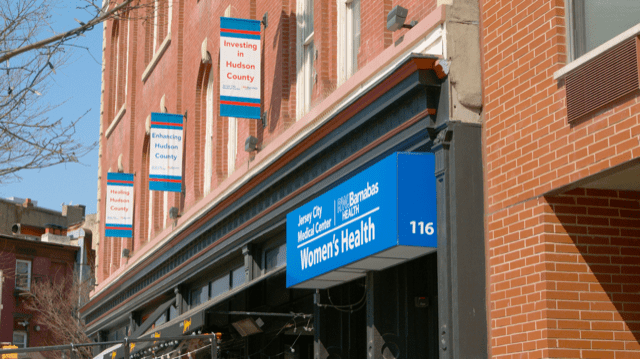
For more information on the midwifery program at Jersey City Medical Center’s Women’s Health at Grove St. and RWJBarnabas Health, visit their website, Facebook, Twitter, or Instagram.
This post is sponsored by RWJBarnabas Health to help make every #NJMOM her healthiest.

